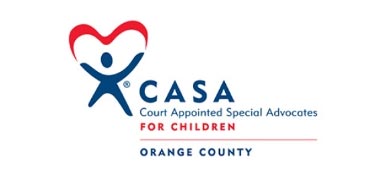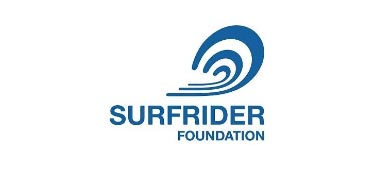
Having a say in how your assets are distributed after you pass is only one reason for estate planning. A plan that includes execution of an Advance Health Care Directive and other documents used during your lifetime for your care and ease are equally important to the estate planning process. Having your health care agent selected and outlining your end of life wishes provides peace of mind knowing your wishes are respected should you be unable to communicate them due to physical or mental incapacity.
When thinking about what to include in an Advance Health Care Directive and who to designate as the agent tasked with carrying out your wishes, you should consider stepping away from traditional thinking. Appointing a spouse, a sibling or a close and trusted friend may be the choice that initially comes to mind, but asking someone from the next generation to step up to direct your choices may be a better option as your contemporaries may age out of that position. At the very least, it is important to think through your backup choices in the event others are no longer able or willing to serve due to age, death or illness of their own.
The statute permitting the use of Advance Health Care Directives to grant authority to another person to make healthcare decisions for another contains sample language, but it does not force you to use it. And, it certainly may not explain it in lay terms to the user. The Probate Code specifically authorizes the use of other forms and modifications to the statutory form as long as the following formalities are met:
- It must be signed by the principal for whom it was created or by someone else as long as it was done at the direction and in the presence of the principal.
- It must be dated as of the day of signing.
- It must be acknowledged before a notary or two people must act as witnesses to the signing.
The statute also has formalities that must be followed for an electronic Advance Health Care Directive. Unlike the paper version that may use signing in the presence of two witnesses in place of an acknowledgement before a notary public, the electronic version must be acknowledged.
Powers and authority granted to an agent to act on someone’s behalf in an Advance Health Care Directive may be as broad or as limited as you wish. You may give your agent the right to grant or withhold consent to medical treatment and procedures, including surgery, diagnostic tests, medication, nutrition and hydration, and to make end-of-life decisions, including cardiopulmonary resuscitation.
Burial or cremation arrangements may be included in the decision-making power given your agent. The flexibility of the law regarding Advance Health Care Directives makes it easy to include disposition of remains and other after-life decisions in your advance health care directive.
The person chosen as your agent should be someone you believe to be capable of making difficult health care and end-of-life decisions that are consistent with your values and wishes. People frequently choose a spouse or other relative close in age to them, but a contemporary may not be the best choice.
An Advance Health Care Directive may remain unused for years or even decades. Ideally, you want to know the person chosen as your agent will be available when someone is needed to make health care decisions. Someone who is your own age or close to it may not be available or may not be capable of making decisions on your behalf.
Choosing a younger person within your immediate family makes it more likely they will be available to serve. At the very least a backup person should be younger or at least your age and in good health in anticipation of this document being used in the years to come. Likewise, selection of a consulting doctor or other key people to consult in a medical emergency and corresponding HIPAA authorizations are important additional considerations when customizing these documents for each individual.
The compassionate attorneys at NM Law offer outstanding advice and skilled representation in all aspects of estate and succession planning, including Advance Health Care Directives. They also handle all aspects of trusts and estates and business transactions. Contact them today at 949-253-0000.
Disclaimer: This article is intended to provide a general summary of laws in the State of California and should not be construed as a legal opinion nor a complete legal analysis of the subject matter. Noelle Minto is an attorney at NM Law, APC in Tustin, California, a law firm specializing in Trusts & Estates and Business Transactions.
Testimonials
Charities We Support
We dedicate pro bono time, volunteer services, and a percentage of our gross revenue to these organizations. In 2023, we sponsored a refugee family of five to come to the United States and start a new life.
Each year our law firm decides as a group which charities to assist with our time, money, and expertise. Please feel free to click on any of the charities below and make a donation of your own.


















